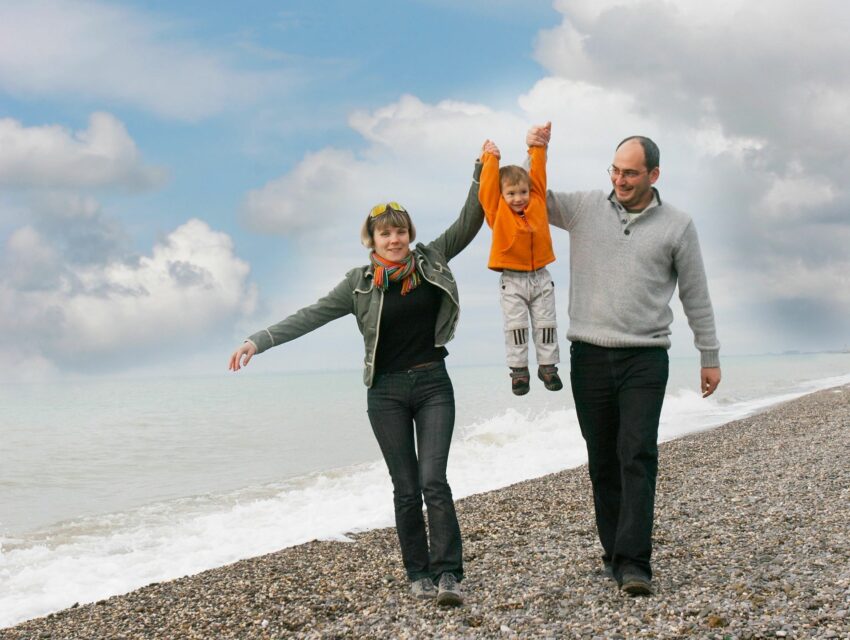23
Oct
October 23, 2019

Adoptive families have many questions prior to starting their adoption process.
Below you can check out these FAQs to answer some of the most frequent questions received:
- What are the characteristics of the children in need of families?
- Bulgaria: MLJ Adoptions typically receives referrals of children from Bulgaria who are 12 months to teens that are primarily of Roma descent. Sibling groups and children with special needs are also available to our families.
- Burkina Faso: There’s a wide variety of children eligible for adoption from Burkina Faso. Adoptable children range from infantss to teens and are of African descent. Families that already have 2 or more children already in the home are required to adopt from a special needs list or open their age range to older children, age 5 and older.
- Haiti: Infants to teens that are of African descent are available to be adopted in Haiti, however families wishing to adopt an infant will likely wait years to be matched.. Sibling groups and children with special needs are also available.
- Mexico: Children eligible for adoption from Mexico are usually 5 years old to teens. Children younger than 5 are usually not available due to domestic adoptions taking priority over international adoptions within the country. The exception to this rule is that the children are part of a sibling group or have known medical needs.
- Samoa: Infants to teens are eligible to adopt, as well as children in sibling groups. Samoan children are of Pacific Islander decent.
- Ukraine: Children adopted from here are typically 5 years old to teens, however, sibling groups and children with medical needs under 5 may be available. Ukrainian children are typically Caucasian.
- For families open to medical needs, what are some of the genetic, health, emotional, and developmental risks involved in the countries we serve?
- Bulgaria: Sensory issues and psychomotor delays are commonly seen in Bulgaria. Congenital anomalies, prematurity, respiratory infections, and strabismus are known health risks.
- Burkina Faso: Hepatitis B, Sickle Cell Disease, and HIV/AIDS are prevalent. Malaria, respiratory infections, and tropical/water-borne diseases are known health risks.
- Haiti: Hepatitis, Sickle Cell Disease, and HIV/AIDS are prevalent here as well. Due to hurricanes and natural disaster, cholera is another condition among Haitians. Communicable diseases are common here due to overpopulation with poor or no sanitation system. Children are often malnourished.
- Mexico: Drugs, physical abuse, single parenting, and lack of resources are some of the risks seen in Mexico. Zika Virus and Malaria is a concern in some regions, typically those with lower elevations. Asthma is a known health risk due to environmental exposure.
- Samoa: Neglect, poverty, malnutrition, child abuse and teen pregnancy is common. Know health risks in Samoa include congenital anomalies, prematurity, and respiratory infections.
- Ukraine: Poverty and alcohol abuse is widespread. Ischemic heart disease is a known health risk.
- Where are the children residing while waiting to be adopted?
- Bulgaria: Orphanages and foster homes
- Burkina Faso: Orphanages and foster care
- Haiti: Orphanages, referred to as “Créches”
- Mexico: Orphanages and foster care
- Samoa: Samoa Victim Support Group (often referred to as SVSG)
- Ukraine: Orphanages
- What are the environmental and living conditions of the countries we serve?
- Bulgaria: Summers are hot, and winters are cold. Bulgaria is typically peaceful with no high health risks.
- Burkina Faso: Tropical, rainy, and sometimes dry. The country is impoverished and has suffered from droughts, crime, and violence. There is very limited access to health facilities. Child Labor and Human Trafficking is common, as well as poverty and illiteracy. Women and girls are subjected to early marriage
- Haiti: Tropical, little rainfall. Haiti is considered one of the poorest countries in the western hemisphere. There is little access to healthcare and sanitation. The country is known to have high crime rates.
- Mexico: Hot, humid, and rainy. Crime and violence are very prevalent in Mexico.
- Samoa: Tropical all year. Crime is typically low, however, there is a prevalence of underemployment and poverty in the country.
- Ukraine: The country has warm summers and cold winters. There are high risks of street crime. There is access to medical facilities, but they are considered to be of poor quality.
If you are further interested in learning about the country conditions or general information about the countries we serve, please contact info@mljadoptions.com
